
What better way to start the year than list down a few resolutions to change for the better? It has been six days since the New Year and to tell you the honestly, I’ve listed quite a few resolutions… you know, goals or things that I want to change for the better this year.
One of the factors that inspired my resolution is Krem-Top’s Change for the Better campaign. Krem-Top coffee creamer launched a campaign to motivate and challenge individuals to exercise a habit of aspiring to become a better person. Dubbed as Change for the Better, the campaign that started in 2012, is a call for everyone to commit and sustain the personal, not just during the turn of the year but throughout the year and beyond.
Over time, the campaign has grown from being a personal call to being nationalistic as the mission is not just improving one’s self but for the entire nation to rally towards becoming better Filipinos. Krem Top’s Change for the Better campaign reminds us that even small changes when put or done together can create a huge impact in the community.

“The year 2015 is harvest time – harvesting all what is good about the Filipino to transform our country into a great nation,” said Dr. Mina Ramirez, phenomenological sociologist and president of Asian Social Institute.
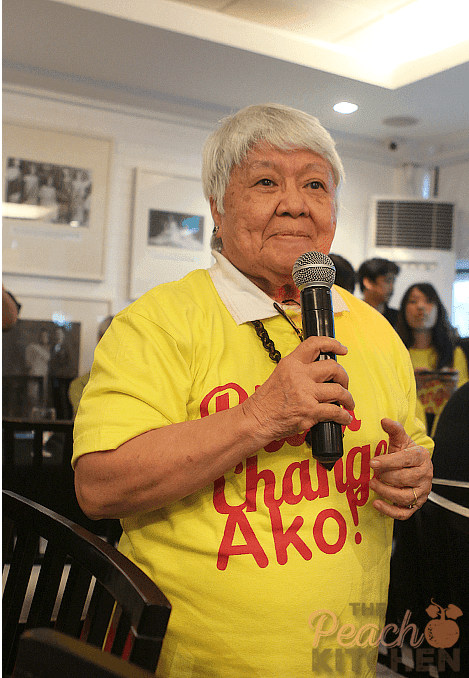
I agree with what Dr. Mina Ramirez said. The change has to start with a single person but if every person will Change for the Better then our whole nation will Change for the Better.
Krem-Top’s Change for the Better campaign centers on values that are natural among Filipinos. Values that are innate and can strengthen our nationhood. With the guidance of Dr. Mina Ramirez, Five Core Values that defines who and what we are as Filipinos were indetified. These core values make us different and stand out from the rest of the world. Based on Dr. Ramirez’s study “The Filipino Worldview and Values” and her insights from decades of practice as a phenomenological sociologist, here are the Five Core Filipino Values based on the Basic Aspirations of a Filipino:
Mapagpasalamat
This is based on Filipinos’ aspiration for “Pamumuhay” (Life) and “Pananalig sa Diyos at Kapwa” (Faith in God and people). Filipinos know how to enjoy life. We have many holidays, feasts, occasions, and reunions. Filipinos are cheerful and naturally sociable. We love to connect to people. We are a happy race. We wear smiles on our faces even in depressing situations. This is because we always look at the bright side of life. We always have a positive outlook because we always find things to be thankful for, even in the smallest things. We would always say “Salamat sa Diyos” (Thank God) whenever good things happen because Filipinos, from whatever religion, would attribute life’s blessings to the Higher Being. We also acknowledge the good deeds of other people towards us and we do our best to return the favor.
I used to write a weekly gratitude list. I write about all the things I’m thankful for during the week in my other blog. But because life has become busy and schedule has become hectic, the weekly gratitude list turned into a monthly list then a quarterly list. I am aspiring to bring it back this year. To be grateful for everything I receive and for both the good and bad things that happens to me.
Matatag
Being in a country prone to natural disasters, Filipinos have adapted and learned to be strong in times of need and in hard situations life throws at us. We continue to stand up, be firm, and fight because we have our loved ones and life’s aspirations to be strong for. This strength is drawn from our love for our family and to the higher being we believe in. This is based on Filipino’s aspiration for “Kaayusan” (Order). In fact, Filipinos’ common expression is “Ayos Na”. When we are able to get through difficulties, we say “Ayos Na”. We, Filipinos long for “Kaayusan” and we will endure everything and be strong amidst hardships and challenges until we surpass the obstacles.
All people have problems even if some people rarely show that they have one. This year, I promise to be stronger for my family, specially now that we are going to have a baby. I will strive to be stronger not only emotionally, but physically, financially, and spiritually.
Masigasig
When Filipinos dream of something, we do everything possible to get it. We do it for our families and loved ones. This is based on Filipinos’ aspiration for “Kasaganaan” (Abundance) and “Ginhawa” (Relief). A Filipino aspires for abundance not for himself but for his family. The Filipino translation for Happy New Year is Masaganang Bagong Taon (Bountiful New Year) because we equate happiness and celebration with abundance. In Bisaya, “Ginhawa” means breath. And the smooth flow of breath is the smooth flow of life which we call “Ginhawa”. “Ginhawa” according to lay theologian Dr. Jose de Mesa is the feeling of well-being in a Filipino. An example would be Overseas Filipino Workers (OFWs) who endure being away from home to give their families a good life – abundance and relief from hardships.
I have listed quite a few goals more than resolutions for 2015 and I’ll do everything I can to achieve them. I know it will be hard and there will be obstacles along the way but I will work on those obstacles to overcome them.
Mapagmalasakit
It is because of our love for the family extended to friends, neighbors and other people that make Filipinos naturally compassionate. This compassion enables us to help other people without asking for anything in return. This is based on Filipinos’ aspiration for “Loob at Damdamin” and “Kapwa” (Other People) as explained in Dr. Mina’s The Filipino Worldview and Values. “Loob” is the seat of Filipinos’ dignity. The personhood of Filipino is manifested in his “kalooban”. Filipinos tune in each other’s “kalooban” by checking on each other’s condition and chatting about each other’s lives. Filipinos reach out to other people. Due to our familistic culture, Filipinos use “kapwa” to refer not just to a stranger but to a relative, a next-door neighbor, a distant relative or a friend. Our “Mapagmalasakit” trait makes it easy for us to champion the Bayanihan spirit – to unite and help each other during calamities and celebrate together during special occasions.
Just last night, I was asking Ykaie about the ways on how she can show compassion or concern about the other members of the family. It was one of the questions in her book. She told me that she would take care of us when we are sick and she will help me with the household chores when she can because she doesn’t want me to get tired, specially now that I’m pregnant. I think I’m doing a good job of raising a mapagmalasakit na anak.
Magalang
The use of po, opo, and pagmamano (kissing of the hand) are distinct Filipino ways of respect. We say these words and use this gesture to show our respect and love for the elderly. The Filipinos’ respect is not just limited to the elderly but also to other people’s properties, emotions, and ideas. We are polite people. Our language itself is also respectful because it does not have any gender bias. Examples would be the words kapatid (brother / sister) or asawa (husband / wife) or biyenan (father-in-law / mother-in-law) or anak (son / daughter) which do not manifest differences in gender. These words are uniquely Filipino definitely respectful of the sexes. Our respect for other individuals is embedded in our culture and in our language. This is based on our aspiration for “Lakas ng Loob” or “Kagandahang Loob”. Malakas and Maganda, Filipinos’ original creation story brings dignity to both the Filipino and Filipina. Both the man and the woman sprang from the bamboo. The man bowed to the woman. They held hands and went off together. Dr. Ramirez said, “This is a very non-sexist indigenous version of the creation story.”
I make sure I teach Ykaie the value of respect. She says po and opo and kisses the hands of the elders. I also tell her to be an example to her (about-to-be-born) sibling. The best way to teach kids about respect? Well, it’s to become respectful yourself….by setting a good example to them.

Social media advocate Jim Paredes also shared how the value of pagmamalasakit still resonates in the youth today. “My daughter opened our home for the relief operations. She took the initiative to turn our home into a relief center for repackaging donations for the typhoon Yolanda victims,” said Paredes. “The Filipino existentialism also attracted me; the Filipinos being masigasig to pull ourselves out of poverty.”
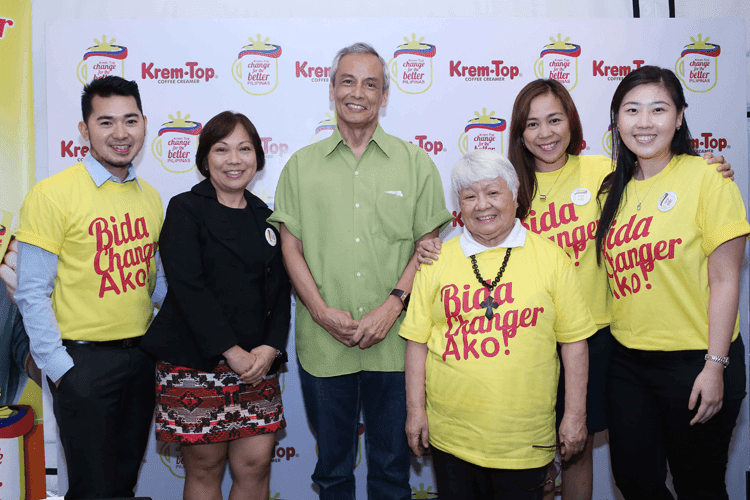
The Krem-Top team is optimistic that this project will help create awareness about the need to keep or enrich or restore these core values of Filipinos. According to them, “We hope that Krem-Top’s Change for the Better campaign will inspire us to be the better version of ourselves for the benefit of our families and our country. No matter whom you are, whether young or old, with no respect to sex or belief, what makes us great as a nation are our values. We may be a nation that is not as rich as the others economically but we are definitely one of the richest when it comes to values.”
For more information about Krem-Top Change for the Better campaign, visit www.facebook.com/AlaskaKremTop or follow @kremtopPH on Twitter.






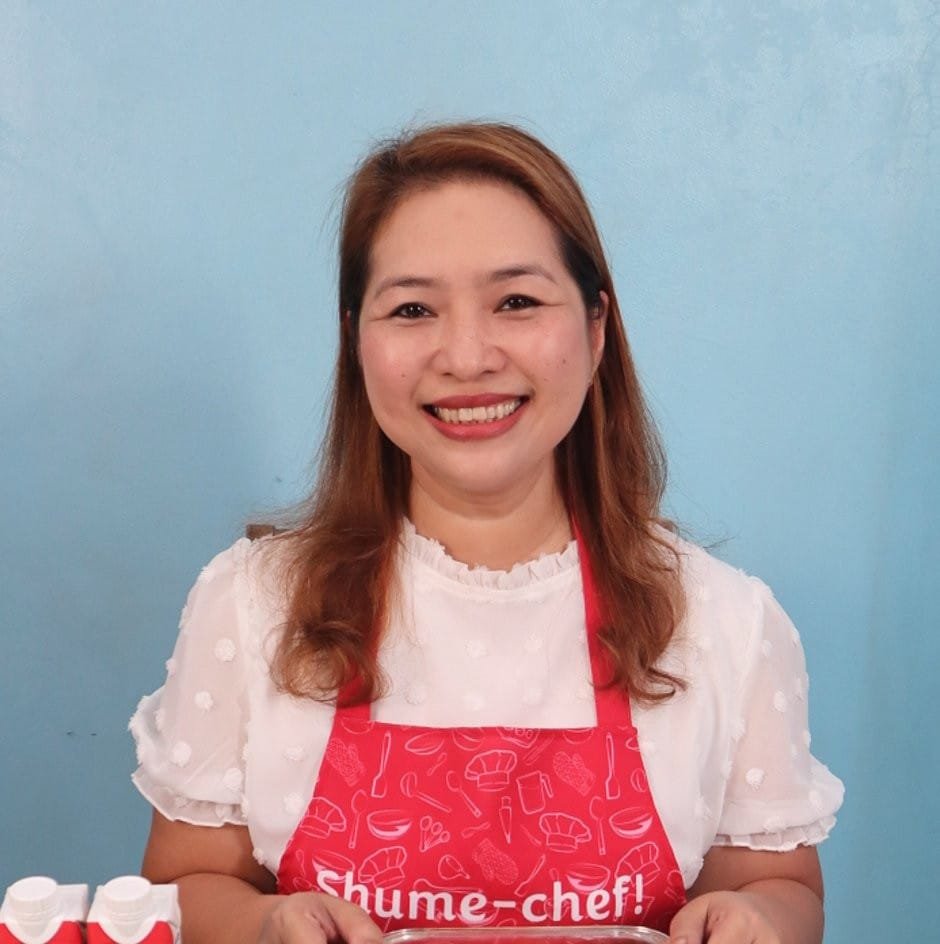


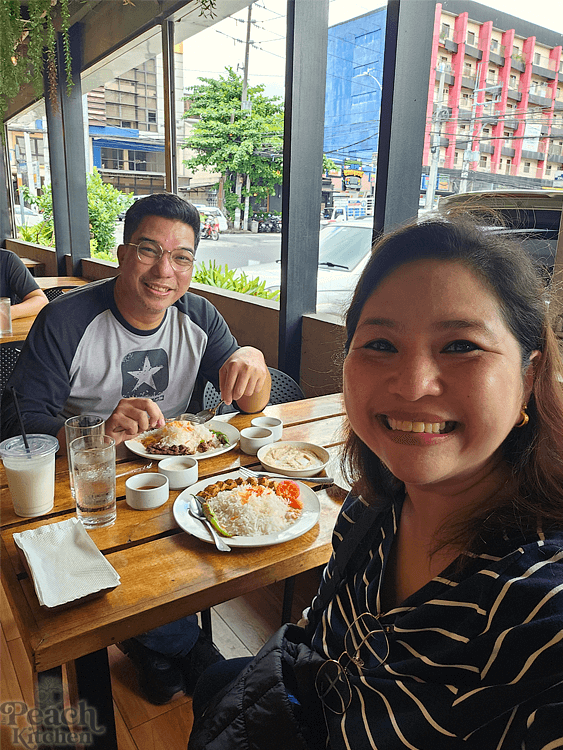
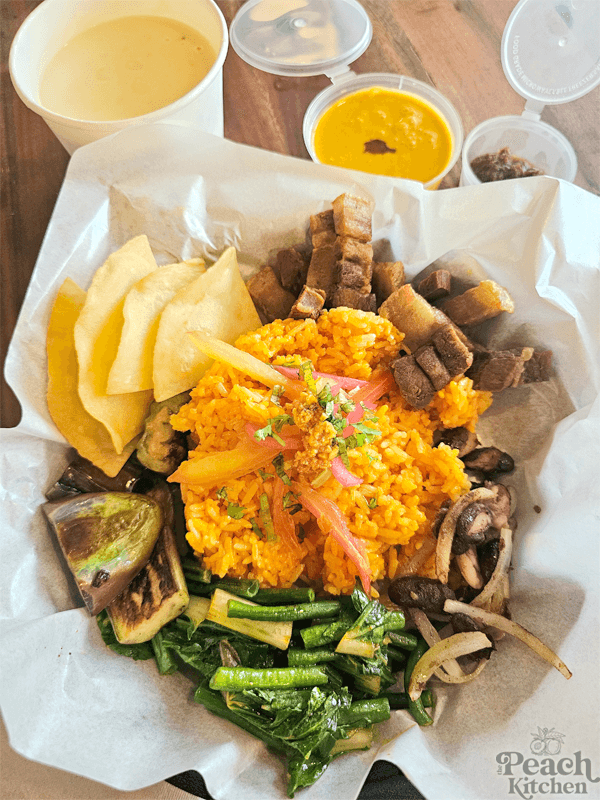
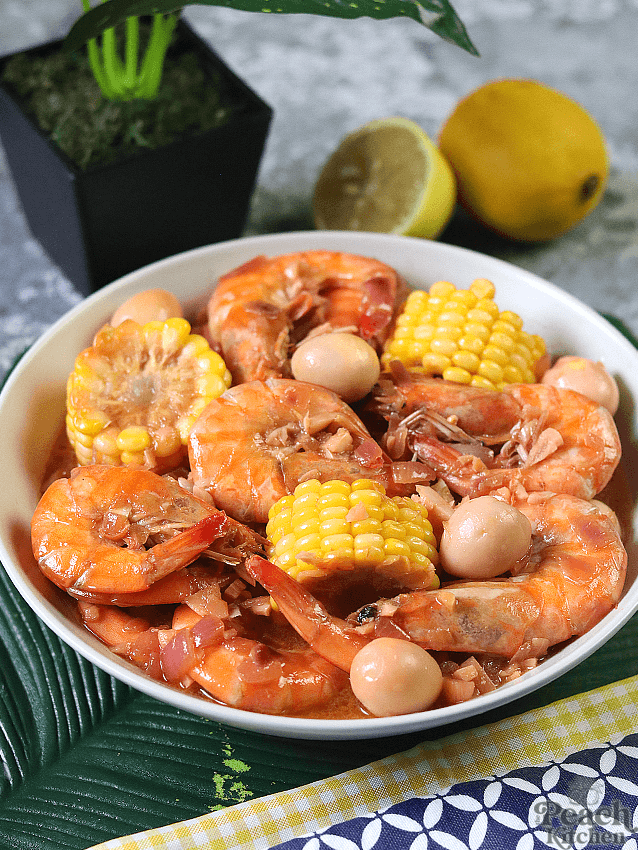




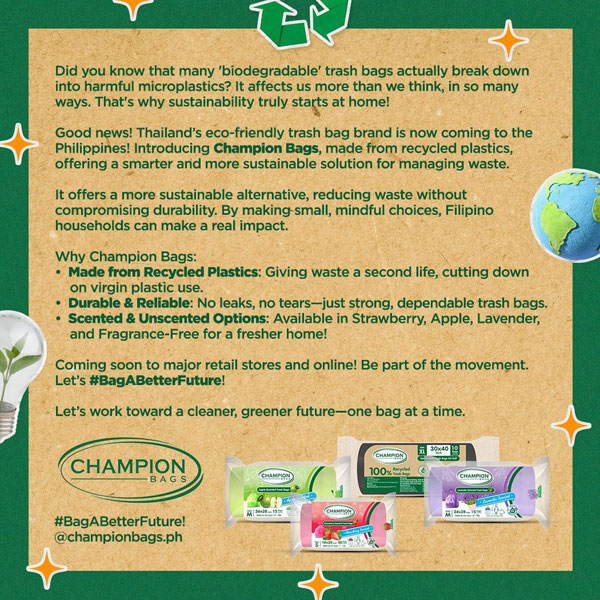
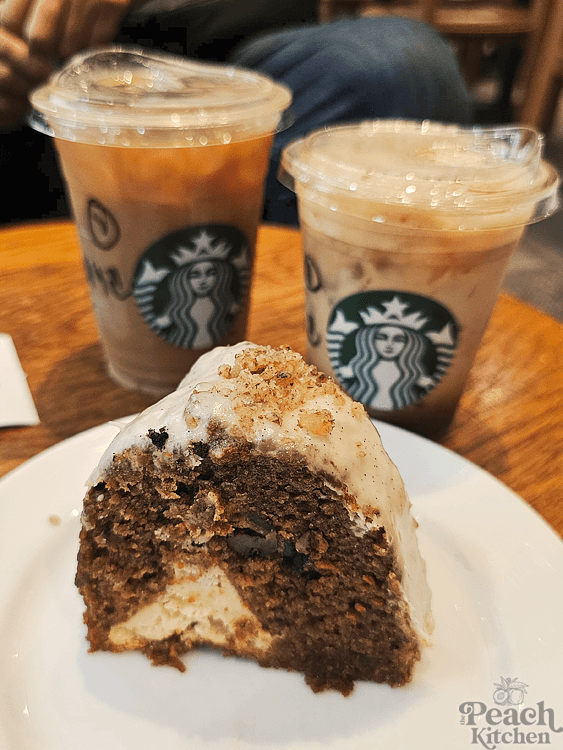





51 Responses
We have a lot of Filipino values that keeps us bold and brave and it’s a good thing that Krem-top reminds us of this through the event.
So true. It’s really nice that Krem-Top has this campaign.
It’s good to know that there are still good people in the world. it’s good to give them credit for what theyve done
The Filipino Values enumerated here are innate in all of us.
Oh wow, I never really heard about this before – or maybe I have.. but it seems nice and really good for people unlike the usual.
Well, it depends on your taste really but their campaign is nice.
I never tried Krem top because it is new to the market but will tell my mom to try it even for once and then let’s see how it will taste.
It’s time you give it a try. WHo knows? You might like it.
This is a really good campaign by Krem Top. All of us should always aspire to be better persons. We shouldn’t be content of mediocrity.
I agree!
it’s nice that brands offer campaign like this, it’s not just all about what you can get on the brand but also what you can learn from them.
Yeah, I really learned a lot when I attended the Krem-Top event and it has inspired me to #ChangeForTheBetter this year.
Would have loved to be part of this event! It’s nice that Krem-Top reminds us that Filipinos have these great values that’s worth being proud of.
We Filipinos do have great values to be proud of.. it’s about time we change for the better if we feel we are straying away from them.
This is a very nice campaign, only few advertisers do this nowadays. We need more of these types of campaigns. 🙂
It’s true, few companies have advocacy campaigns.
Change should really start from oneself. Sometimes we forgot the values and traits that our parents had taught us. So let us revive and change for a better self.
Cheers to that!
Really interesting way they do campaigns in the Philippines. Great to see that they are inculcating the values of the people.
Thanks Dominique.
It’s really nice when companies launch campaigns that remind us of our values, because we could really use the reminder.
So true!
Two thumbs up for Krem Top! Great campaign to start the 2015 in a better tone.
I couldn’t agree more.
This is why I love Krem-top 🙂 Great campaign that showcases our Filipino values. I hope they will continue such to remind us and to spread the values to everyone especially the youth.
Cheers Mommy Maye!
This is nice campaign. I agree that our country may not be rich compared to other nations but at least we are rich in good values.
So true!
Very nice campaign! 🙂
I think so too!
What makes a product even better are their causes and campaigns just like this one. There are many Filipino values that we really need to take note of everyday!
Yeah, we don’t want them to fade away.
Thank you Krem-Top for facilitating and advocating this values-oriented program and Filipinos would rather join in this better-campaign.
It’s really one of the nicest campaigns, Sir Gil.
Krem-Top have a great campaign. Although never heard or seen this bran before it looks like a great product. The Krem-Top mug is really cute. I want one of those:) hehe
I think the mug is so cute too!
Thanks Krem-Top for promoting and reviving our Filipino values!
Common Filipino values are emphasized here in the promotion of Krem-Top for KT could be a means of inspiring Filipino to change for a better. Is that correct? (2nd comment of 2 – Gil Camporazo)
Cheers to Krem-Top.
These are nice Filipino that I hope I remember to do. I hope you achieve your goals for 2015!
Thanks Kat!
I can’t remember when Kremtop started the “Change for the Better” campaign. This will really motivates many to do something as part of their continuous improvement.
I just bought a 400g bottled Krem Top to pair my nescafe decaf. 🙂
nice
The advocacy to promote Pinoy values is a great way to harness what is positive in our culture.
True!
I like this campaign and will definitely support it. In fact, we are already using Krem-Top. I also personally pledged to buy Filipino made products whenever possible, especially ones that are made by small entrepreneurs and handmade stuff. 🙂
Thanks Buge!
There is a lot to be thankful for…including the Filipino values that we still have today and hopefully get instilled to the younger generation.
Yes, it’s true.
I actually use krem-top and with their advocacy, i hope it will endear them to more filipinos too